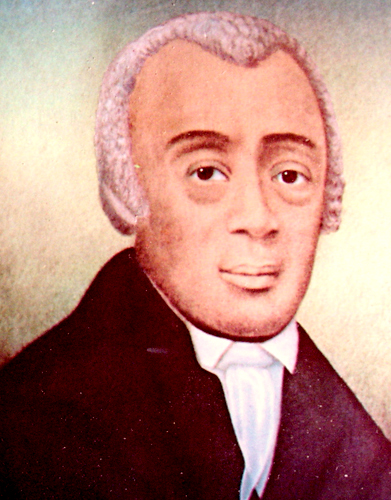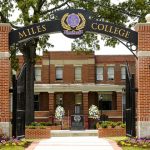By SPEAKIN’ OUT NEWS
Richard Allen’s legacy is a testament to resilience, faith, and the relentless pursuit of equality in adversity. A minister, educator, writer, and one of the most influential black leaders in the United States, Allen’s journey from slavery to liberation epitomizes the struggles and triumphs of African Americans during a pivotal period in American history.
Born into slavery in Delaware, Richard Allen’s early years were marked by the harsh realities of bondage. However, the tumultuous era of the American Revolution provided fertile ground for the seeds of change to take root. Allen’s encounter with Christianity proved to be a transformative moment, igniting within him a fervent devotion to faith and justice.
Allen’s path to freedom was arduous but steadfast. With the blessing of his white owner, he attended the Methodist church, where he found solace and purpose in the teachings of Christ. Determined to carve out a life of dignity and autonomy, Allen eventually purchased his freedom, symbolizing the indomitable spirit of liberation that coursed through his veins.
As Allen’s spiritual journey unfolded, so did his commitment to fostering a community of believers free from discrimination. His pivotal role in founding the African Methodist Episcopal Church in 1794 marked a watershed moment in American religious history. It was the first independent Black denomination in the United States, a beacon of hope and solidarity for generations.
The genesis of the African Methodist Episcopal Church was not without its trials. Racial tensions simmered beneath the surface, erupting into open confrontation within the walls of St. George’s Methodist Church in Philadelphia. The infamous incident, where Allen and fellow black worshippers were forcibly removed from their pews, served as a catalyst for change. Allen’s unwavering resolve amid bigotry and injustice galvanized a burgeoning movement for equality within the church and beyond.
Undeterred by the obstacles that littered his path, Allen pressed forward with unwavering determination. Despite being discouraged by white Christians from raising funds for a church building, he marshaled his resources and spearheaded the establishment of Bethel African Church in Philadelphia. This bold act of defiance provided a sanctuary for black worshippers and a rallying cry for the emancipation of the soul and spirit.
In 1816, Richard Allen ascended to the esteemed position of the first bishop in the African Methodist Episcopal Church, solidifying his legacy as a trailblazer and visionary leader. His indelible imprint on the fabric of American history resonates today, a testament to the enduring power of faith, resilience, and the pursuit of justice.
The story of Richard Allen serves as a poignant reminder of the struggles black Christians face in the quest for acceptance and equality within the church. His legacy transcends the confines of time and space, inspiring successive generations to confront injustice and champion the cause of freedom with unwavering courage and conviction.
In the annals of American history, Richard Allen stands tall as a beacon of hope and a harbinger of change—a testament to the transformative power of faith, resilience, and the unyielding pursuit of justice in the face of adversity. His legacy serves as a guiding light for all who dare to dream of a world where equality reigns supreme, and the bonds of brotherhood transcend the barriers of race and creed.











